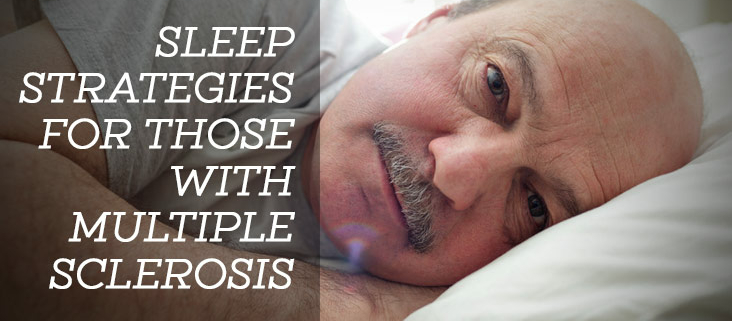Multiple sclerosis (MS) is a disease of the central nervous system that triggers the body’s immune system to attack the brain and spinal cord.
Living with MS can be difficult, especially when some symptoms get in the way of getting a good night’s sleep. Researchers have found that the symptoms of MS, such as stress and muscular stiffness or spasms, can cause lost sleep.
Here are 5 tips to get a better night of rest:
- Create a Bedtime Ritual
Brush your teeth, put on pajamas, read a book or listen to calm music. Creating a bedtime ritual signals the body and mind to slow down. - Hit The Hay At The Same Time Every Night
Creating a routine helps to set the body’s internal clock. - Exercise In The Morning
Exercise is a stimulant. If you exercise close to your bedtime, it’ll be harder to fall asleep. - Drink Less Fluids Around Bedtime
Limit fluids before bedtime to lessen the need to “go.” Also, don’t drink caffeine or alcohol. - Keep Your Bedroom Cool, Quiet and Dark
Set the tone every night for a comfortable sleep environment.



